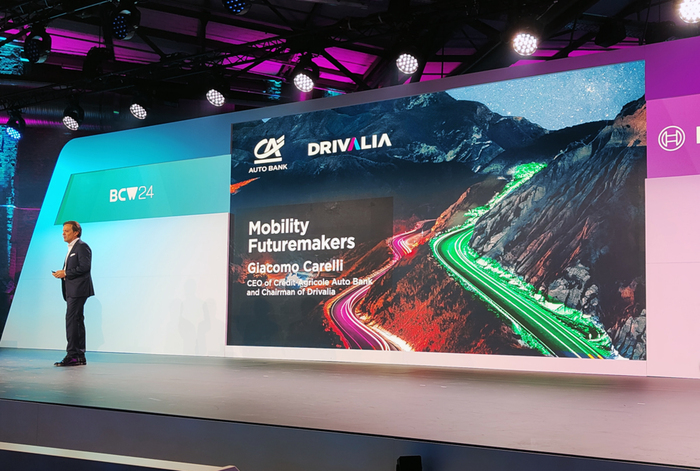Car sharing is booming. At the beginning of 2019, 2.46 million customers in Germany were registered with a car-sharing provider. This is 350,000 users (14 percent) more than in the previous year, as a survey of the Bundesverband Carsharing eV now revealed. Station-based carsharing services recorded an above-average growth of 21.5 percent. In free-floating car sharing, the increase is 14.9 percent.
"The positive development in the German car-sharing market for many years shows that more and more people want to use the resource" car responsibly "and practically help shape the change in traffic," says Gunnar Nehrke, Managing Director of the CarSharing Association
20,200 car-sharing cars are currently available in Germany, 2,250 more than in the previous year. Although services such as Car2Go and Drive Now primarily shape the public perception of car sharing, the market has so far been dominated by station-based providers: with 11,200 vehicles, they account for more than half of the offer and 9,000 vehicles are free-floating. But not everywhere the trend is upwards.
Electric cars are too expensive
Pure electric car sharing services are recording a significant decline. Here the number of vehicles available dropped from 431 to 304. Nehrke sees this as a structural problem, because many of the e-car providers exist in rural areas. "But they are difficult to operate there," says Nehrke. Many people would have their own car in the country and would rarely resort to car-sharing.
photo gallery
12 pictures
VW service Moia in the price comparison: the cheapest between Elbphilharmonie and party districtIn addition, for a large number of e-cars public funding or leases expired in 2018. "The vehicles are still too expensive and there is still no funding concept for setting up charging infrastructure at car-sharing stations," says Nehrke. Up to now, voluntary workers or associations in rural areas have been operating occasional e-car services, whose fleet often only includes one car.
An exception applies to the larger cities: While the number of electric cars remained virtually the same for the so-called free-floating providers with 1025, the number of electric cars in station-based providers rose from 321 to 498 cars.
photo gallery
10 pictures
Electric Cars 2018: These Stromers are the most popularStation-based carsharing is currently available at 740 locations in Germany. That's 63 places more than last year. Pure free-floating offers are currently available in seven major cities and a few surrounding communities in these cities.
What's new are combined offers that offer not only station-based models but also a free-floating fleet. These should combine the advantages of both variants in one concept. "Our studies have shown that the combined offers can relieve traffic," says Nehrke.
This is because the customer can do longer planned trips relatively cheaply with a station-based model, which he has to leave later at the pick-up point. For simple and spontaneous journeys, customers would then have the option of using a free-float car with the same provider, so that they could park at the destination flexibly. "The combination of both models ensures that you can completely do without your own vehicle and still be cheap and flexible." Such offers started in 2018, for example in Leipzig and Karlsruhe.






